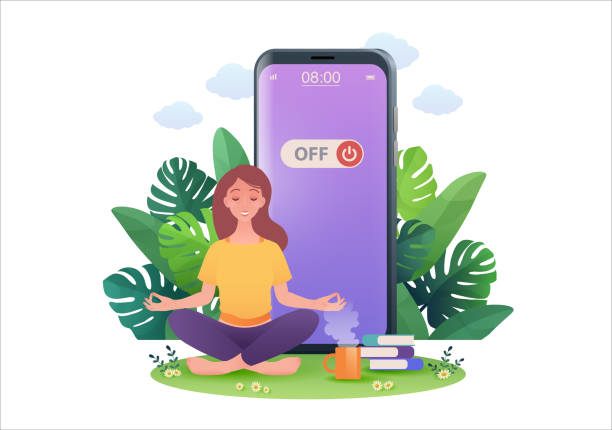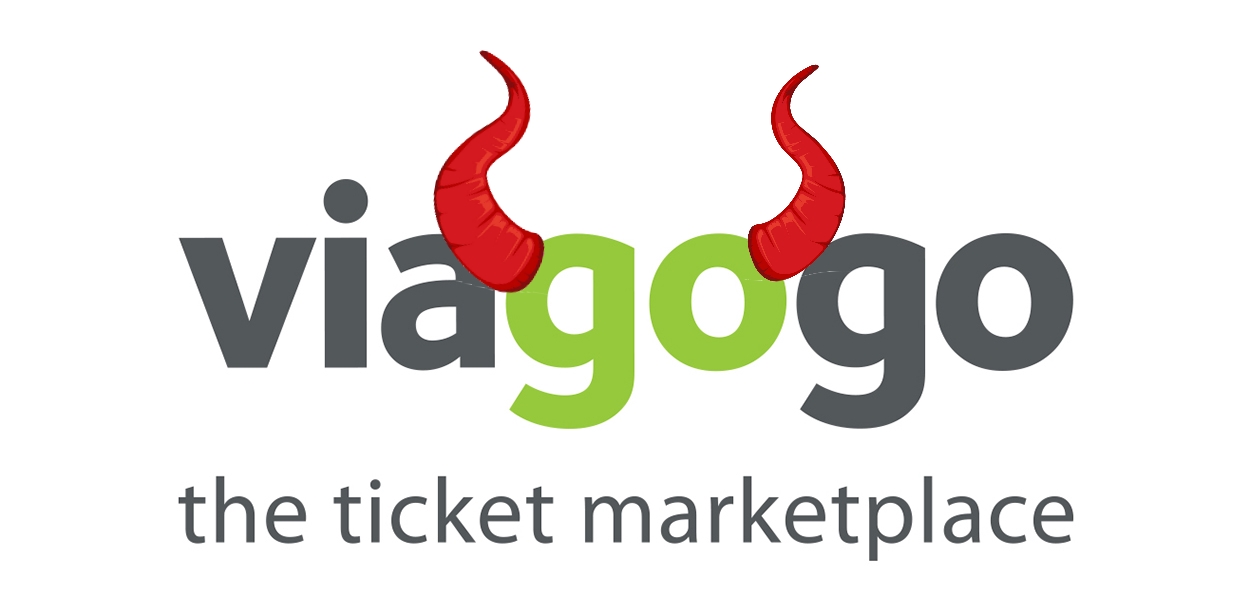
Digital Detox: Unplugging for a Healthier Lifestyle in the Modern Age
As we navigate the intricacies of the modern age, our lives are intricately woven with digital threads, connecting us to an expansive online realm. In this perpetual dance with screens, the concept of a "Digital Detox" emerges as a poignant antidote, a deliberate choice to untether from the digital cacophony and reclaim a healthier, more balanced lifestyle. This article delves into the imperative need for a digital detox, unravels its far-reaching benefits, and provides practical insights to guide individuals in navigating the delicate equilibrium between the digital and analog spheres.
The Digital Onslaught:
The digital age, with its myriad conveniences and instant connectivity, has ushered in an era where our daily lives are punctuated by the constant glow of screens. From smartphones to tablets and computers, we find ourselves immersed in a sea of digital stimuli. While these devices offer unprecedented efficiency and connectivity, they also introduce challenges to our mental and physical well-being. The incessant notifications, social media demands, and the pervasive nature of screens can lead to heightened stress levels, increased anxiety, and disruptions in our sleep patterns.
The Need for a Digital Detox:
Mental Well-being:
:max_bytes(150000):strip_icc()/why-and-how-to-do-a-digital-detox-4771321-FINAL-d129381fa4524c5db792951fd9b987d2.png)
The relentless exposure to screens has been linked to a rise in stress levels and heightened anxiety. A digital detox serves as a remedy, allowing individuals to recalibrate their relationship with digital devices, set boundaries, and safeguard their mental well-being.
Physical Health:
Prolonged engagement with digital screens often fosters sedentary behavior, contributing to health issues such as eye strain, poor posture, and a lack of physical activity. A digital detox encourages individuals to disengage from screens, promoting physical movement and reducing the risks associated with a sedentary lifestyle.
Improved Sleep:
The blue light emitted by screens interferes with our natural circadian rhythm, disrupting our sleep patterns. By unplugging from screens, particularly before bedtime, individuals can experience improved sleep quality and overall sleep hygiene.
Enhanced Productivity:
 The constant barrage of digital distractions can impede focus and productivity. A digital detox provides an opportunity to reclaim attention, fostering a more concentrated and effective approach to work and daily tasks.
The constant barrage of digital distractions can impede focus and productivity. A digital detox provides an opportunity to reclaim attention, fostering a more concentrated and effective approach to work and daily tasks.
Benefits of a Digital Detox:
Reduced Stress:
Disconnecting from the digital world offers a respite from the constant influx of information, reducing stress levels and fostering a sense of calm. It allows individuals to step back, reevaluate priorities, and approach life with a renewed perspective.
Improved Mental Clarity:
The absence of digital distractions creates mental space for deeper thinking and enhanced creativity. A digital detox provides individuals with the clarity needed to tackle challenges, solve problems, and engage in mindful decision-making.
Enhanced Relationships:

Unplugging from screens allows individuals to be fully present in the moment, fostering deeper connections with friends, family, and colleagues. Quality face-to-face interactions strengthen relationships and contribute to a more profound sense of community.
Reconnection with Hobbies:
The time freed up from digital engagement provides individuals with an opportunity to rediscover or delve deeper into hobbies and activities that may have been neglected. Engaging in analog pursuits fosters creativity and a sense of accomplishment.
Better Sleep Quality:
Reduced exposure to screens, particularly in the evening, contributes to better sleep quality. Improved sleep has cascading positive effects on overall health, mood, and cognitive function.
Practical Tips for a Successful Digital Detox:

Set Clear Boundaries:
Establish specific times or situations where digital devices will be off-limits. This could include designated tech-free hours, during meals, or before bedtime.
Designate Tech-Free Zones:
Create specific areas in your home, such as the bedroom or dining area, where the use of digital devices is restricted. Establishing tech-free zones helps create a healthier balance between screen time and personal space.
Use Apps to Monitor Screen Time:
Leverage applications and tools designed to track and manage screen time. These tools offer insights into usage patterns, helping individuals set daily limits on specific apps or activities.
Plan Outdoor Activities:
Incorporate outdoor activities into your routine that do not involve screens. Whether it's a nature walk, a picnic, or a sports activity, spending time outdoors provides a refreshing break from digital screens.
Engage in Digital Decluttering:

Regularly organize and declutter your digital space. Delete unnecessary apps, organize files, and unsubscribe from email lists. A clean digital environment contributes to a clearer mindset.
Promote Tech-Free Interactions:
Encourage activities and interactions with friends and family that do not involve screens. Whether it's a shared meal, a weekend outing, or a board game night, fostering face-to-face connections strengthens relationships.
Explore Analog Activities:
Embrace analog alternatives to digital activities. Reading physical books, writing in a journal, or engaging in hands-on hobbies provide a welcome break from screens and promote a sense of fulfillment.
Practice Mindfulness and Meditation:
Integrate mindfulness and meditation practices into your routine. These activities not only contribute to mental well-being but also serve as effective tools for managing stress and anxiety.
Conclusion:
In the face of the relentless march of digital progress, a digital detox emerges as a potent antidote — a deliberate and mindful choice to reclaim control over our relationship with technology. Unplugging from screens is not an act of rejection but a strategic pause, allowing individuals to recalibrate, recharge, and re-enter the digital realm with a newfound sense of balance.

By incorporating a digital detox into our lives, we can mitigate the adverse effects of constant connectivity, foster healthier relationships, and strive for a more harmonious coexistence with the digital landscape. In a world where digital devices are omnipresent, a conscious and periodic retreat from the digital realm becomes not just a luxury but a necessity for cultivating a healthier and more balanced lifestyle.







